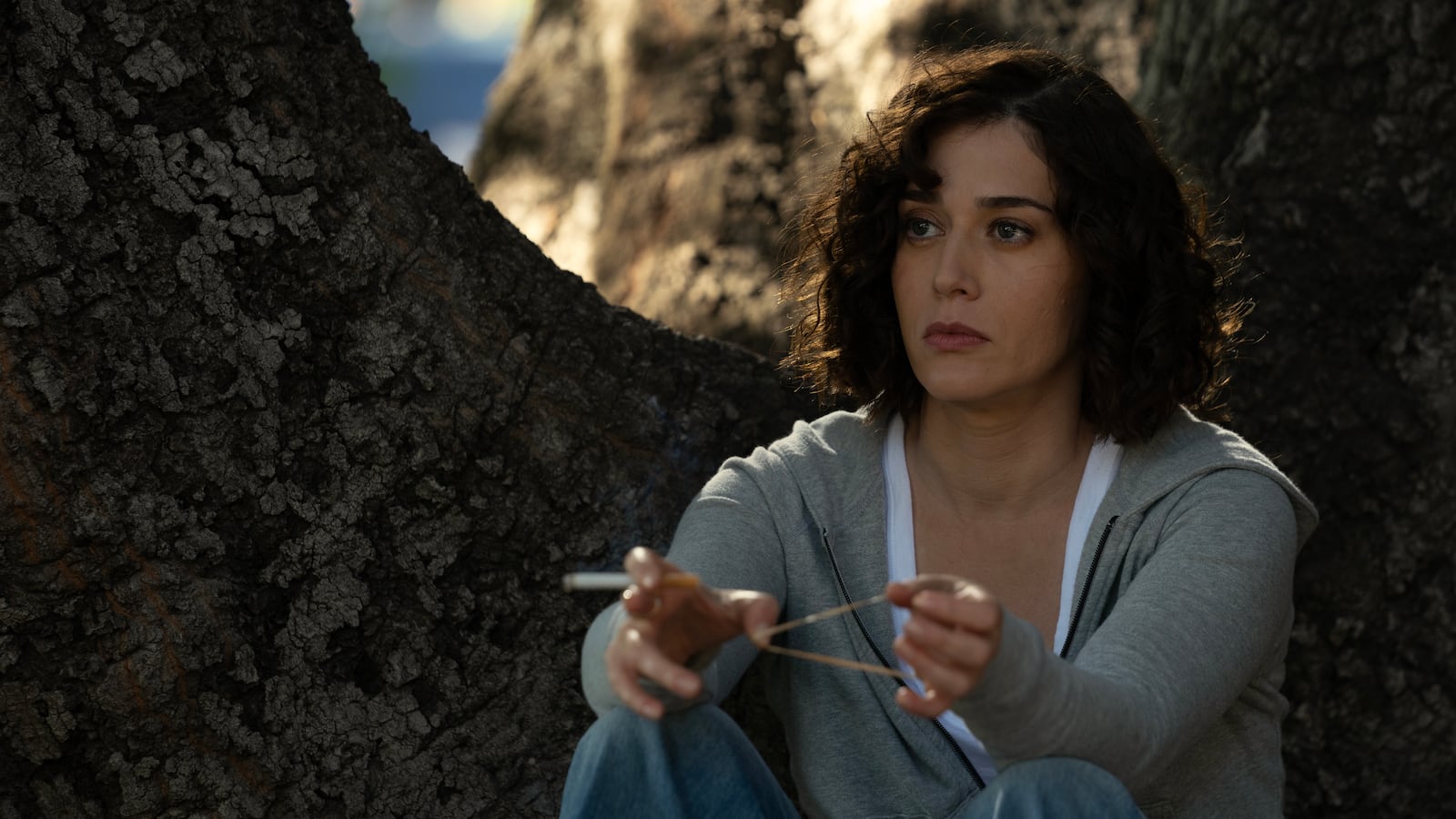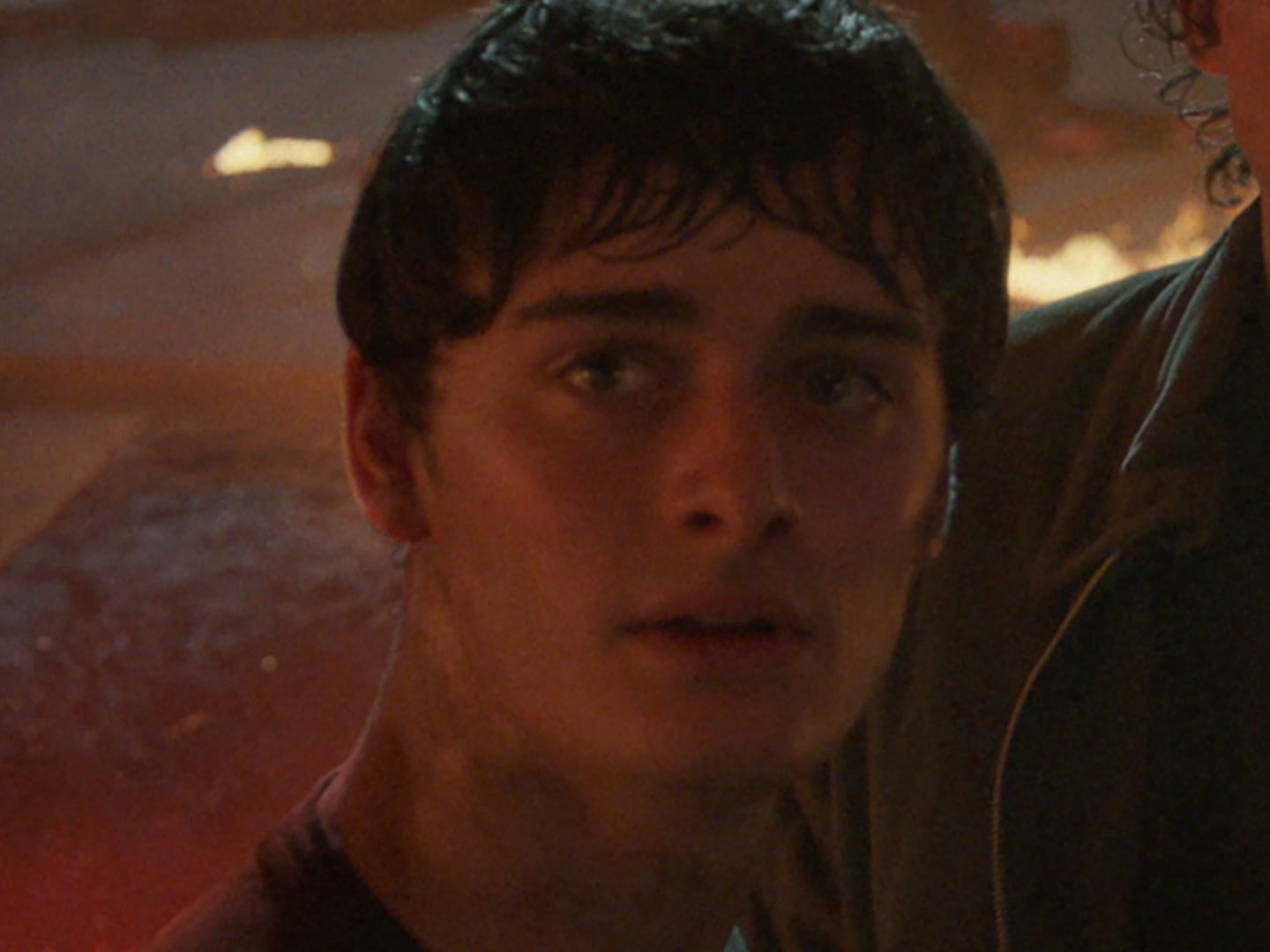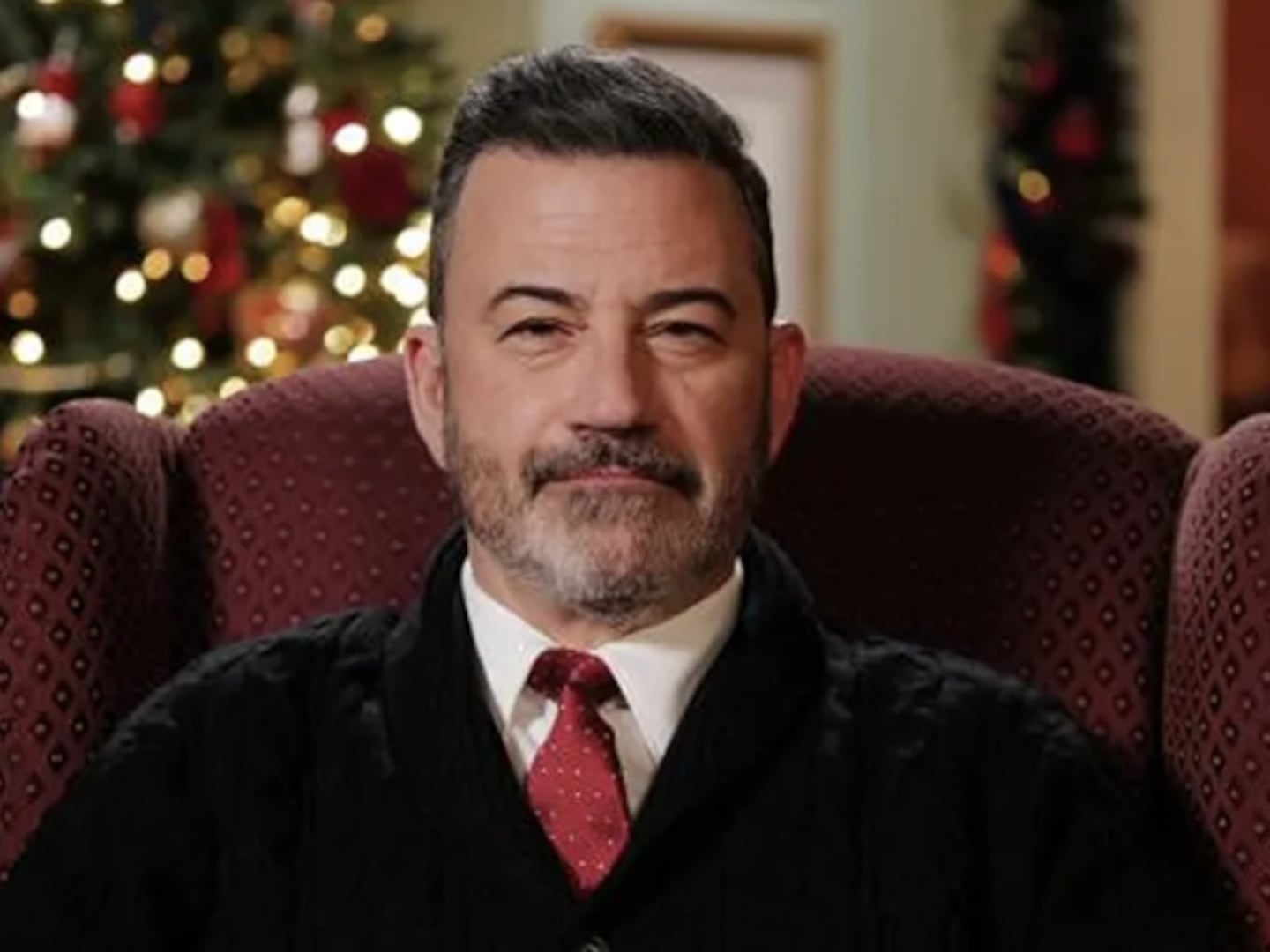In the first unreleased version of Fatal Attraction, the hit 1987 erotic thriller about a deadly affair, Alex Forrest (Glenn Close) kills herself with a knife that has Dan Gallagher’s (Michael Douglas) fingerprints on it, and Dan is arrested for her murder. The ending provided a melancholic, poetic justice of sorts, wherein Alex died but Dan still had to face some of the consequences of his actions. Test audiences, however, reportedly hated it.
According to Paramount powerhouse Sherry Lansing’s 2017 biography, audiences wanted to see Alex killed, brutally, and at the hands of Dan’s wife, Beth (Anne Archer). “They want us to terminate the bitch with extreme prejudice,” Lansing recalled another Paramount exec saying.
The ending was reshot and Alex met a violent end, wherein she shows up at the Gallagher family home with a knife and attacks Beth. After Dan tries to drown her in a bathtub, Beth gets the chance to shoot and kill the other woman. The film wound up being a smash hit and ultimately reigned at Number 3 at the U.S. box office that year. The new ending was widely lauded, with the exception of Close, who—in an oral history pegged to the film’s 30th anniversary—decried the decision to turn a character she loved “into a murdering psychopath.”
“When I watched Glenn Close’s performance, knowing all of the work that she put into [playing a] holistic version of that character ,with psychology and research and speaking to mental health experts, I can see it all. And it breaks my heart,” Alexandra Cunningham, the showrunner behind the new Fatal Attraction TV series, told The Daily Beast’s Obsessed in a video interview. “Even when she’s engaging in the most extreme behavior on screen, I just see pain and isolation.”

That inclination to further explore Alex Forrest is what drives the Paramount+ series, which will air its finale on Sunday. In the modern take, Dan Gallagher (Joshua Jackson) and Alex Forrest (Lizzy Caplan) once again fall into a whirlwind affair that turns toxic when Dan attempts to break things off. While the show contains many of the superficial specifics of the original (Caplan provides a killer delivery of the iconic “I’m not going to be ignored, Dan” line), the core of the story has shifted. The focus is now on father-daughter relationships, Dan’s shortcomings, Alex’s backstory, and, most acutely, psychology and mental health. The new lens followed an initial internal hesitancy on Cunningham’s part when she was first approached about the project.
“Paramount asked me if I would be interested in adapting it into a series and my immediate reaction was ‘no,’ because it’s so iconic [and] had such an effect on culture,” she said. “It just seemed like there were all kinds of pitfalls that I just wasn’t even thinking of.”
Fellow executive producer Silver Tree, who directed several episodes of the series, was similarly wary of touching the existing IP.
“I think I had an equal reaction to [Cunningham],” Tree told the Beast. “It’s really intimidating to think about retelling this kind of story.”
But after hopping on a Zoom with Cunningham, wherein the showrunner shared some of her hopes for the show’s direction and central themes, Tree began to see the full picture.
“She was always so rooted in character,” Tree said, “And I just was immediately excited to be a part of that.”
Both EPs respected the original, recalling its cultural impact, and Cunningham noted that she was only interested in exploring the story if she felt that there was something new to say. In looking at Fatal Attraction “with a 2020 headspace,” things began to fall into place for the showrunner.
The number one priority? “Humanizing Alex Forrest and her struggles,” Cunningham said. “To not make her the psycho bitch who needs to be terminated with extreme prejudice.”
“To make sure that we were putting an actual human on screen who is being destroyed by someone’s narcissism and selfishness, that was the most important thing,” she added, stressing her need to do it “with respect and empathy.”
The series attempts to do just that by swiftly establishing that legitimate mental health issues underscore all of Alex’s actions, puncturing her most extreme moments with glimpses of mental anguish and distress.

In this version, Alex has gone to therapy and is aware of some of her problems (although she still isn’t a fan of having them pointed out to her). Her extreme maneuvers (on one occasion even more severe than those of her film counterpart) are never excused, but an explanation is offered in the form of her narcissistic father. Dan, too, is painted in a slightly less-than-heroic light, and the implications of his affair and subsequent arrest plague the mental well-being of his family. Although most of the characters aren’t ever given explicit diagnoses, much of Cunningham’s research for the show surrounded Cluster B personality disorders and their theorized genetic component.
“There needs to be a genetic pathway in your neurology for any of this to take root in the first place,” she said, a research theory that easily entwined with her fascination with familial ties. “And I’m also really interested in fathers and daughters, both in life and on screen, sort of the spectrum of those relationships. If your father is meant to be your protector, in terms of an archetype, and what he teaches you is that secret keeping is love and that you’re not worthy of love… all of that kind of started to come to bear on thinking about the Alex character.”

The show is also split into two timelines—during the affair in 2008 and after Dan is paroled, 15 years later, for allegedly murdering Alex—and chaotically snaps between the past and present. In addition to the dual timelines, viewers also see flashbacks and different perspectives several episodes apart. A “nonlinear approach to the storytelling,” as Tree described it, helps capture the disorderly and often confusing way that trauma can affect people.
“To me, she’s just a traumatized child who’s turned into an adult who is trying to right those wrongs,” Cunningham said, later adding, “She really never had a chance, when you think about it.”
Keep obsessing! Sign up for the Daily Beast’s Obsessed newsletter and follow us on Facebook, Twitter, Instagram and TikTok.






